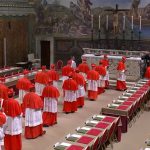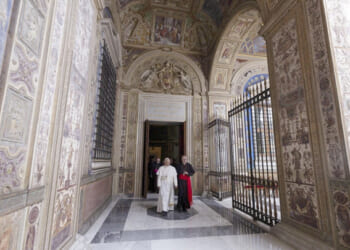Last month, a federal judge in Washington, D.C., blocked key parts of President Donald Trump’s executive order on election integrity – a move that underscores how deeply divided the country remains over what “election integrity” really means..
Though the executive order Trump signed was titled, “Preserving and Protecting the Integrity of American Elections,” the Democratic National Party (DNC), which led a group of plaintiffs in challenging the order in federal court, argued that it was an attempt to encroach on elections and disenfranchise voters.
In the end, both sides won out – sort of, and at least for now. Here’s what to know about the case in question:
TRUMP ASKS SCOTUS TO STRIP PROTECTED STATUS FOR HUNDREDS OF THOUSANDS OF VENEZUELAN MIGRANTS
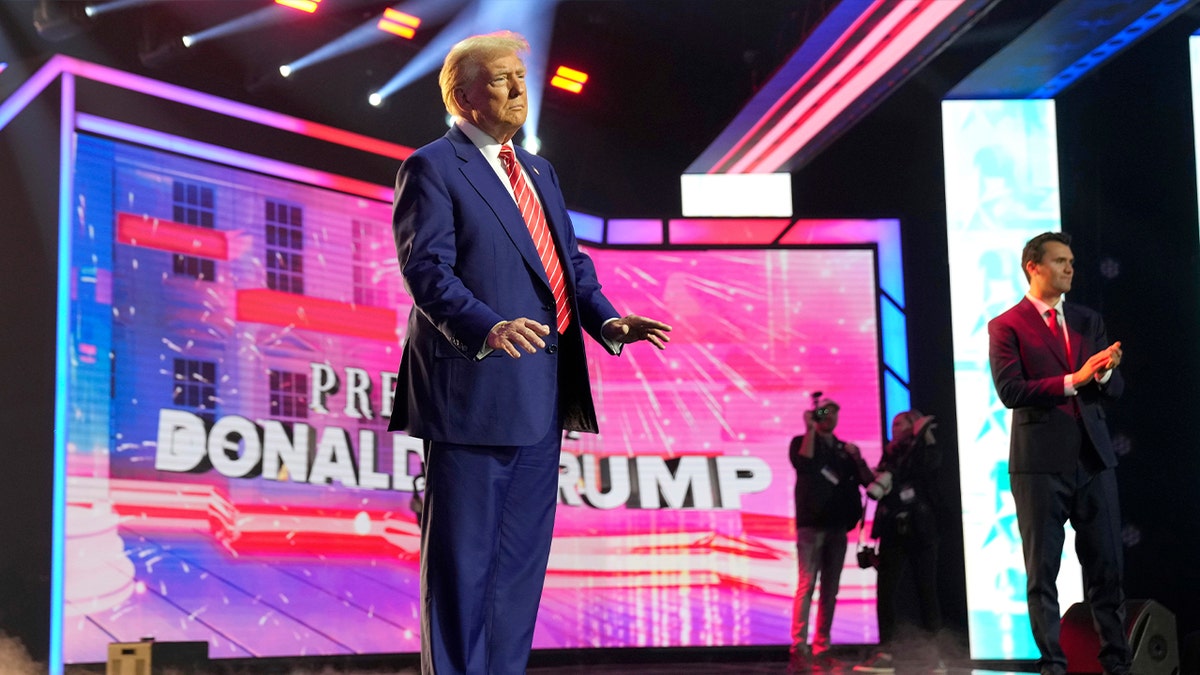
President-elect Trump dancing at AmericaFest in Arizona following the election. (Rick Scuteri/Associated Press)
Why did the judge block a portion of the order?
U.S. District Judge Colleen Kollar-Kotelly ultimately left in place three key parts of Trump’s executive order, including a provision requiring states not to count mail-in ballots received after Election Day, in a partial victory for the Trump administration.
But she sided with Democratic plaintiffs in blocking, for now, both a new proof-of-citizenship requirement for federal voter registration forms and a provision directing election officials to verify the citizenship of would-be voters.
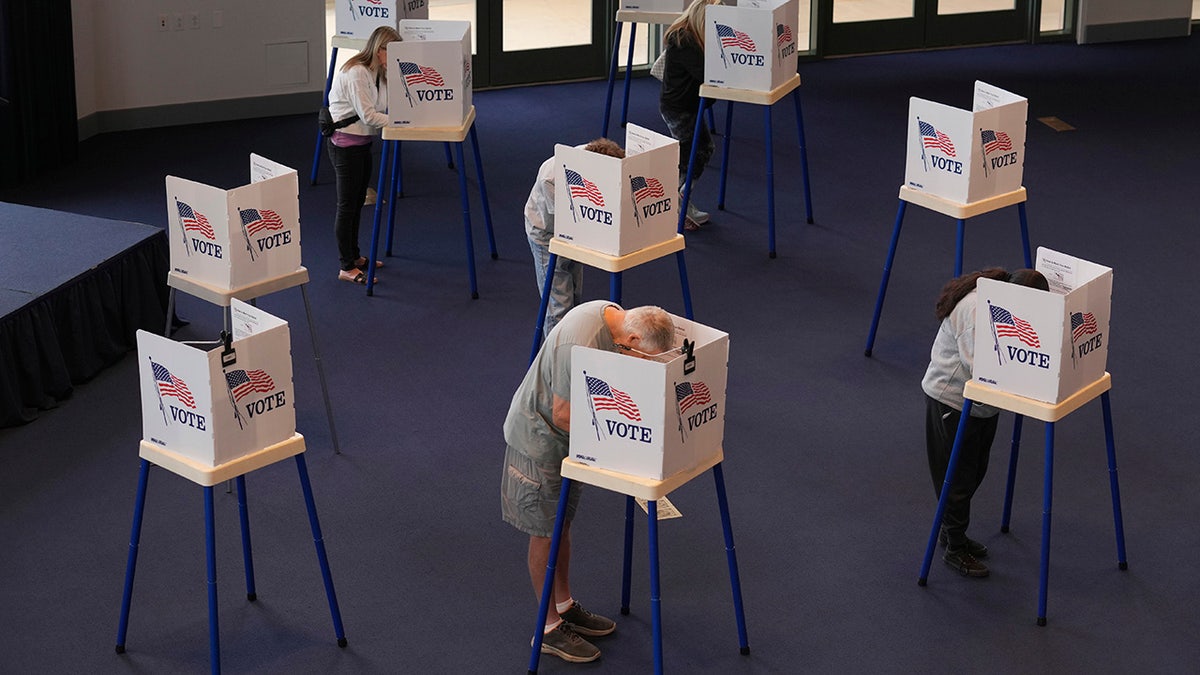
Voters work on their ballots at a polling place at the Ronald Reagan Presidential Library on Election Day, Tuesday, Nov. 5, 2024, in Simi Valley, Calif. (AP Photo/Chris Pizzello)
Does she have the authority to do so?
Unequivocally, yes. That’s exactly the problem modern presidents face when trying to make lasting policy changes through executive orders – a tactic increasingly favored by both Democrats and Republicans.
It’s a risky way to govern for two reasons. The first is that these orders can just as easily be overturned by the next commander-in-chief (as has been on display under the last four administrations).
They also risk being halted in federal courts, where U.S. judges are explicitly tasked with serving as a check on the president, and are free to pause or halt such orders from taking force, should they determine they are outside the scope of the executive branch’s authorities.
That also doesn’t mean that district courts need to have the final say on the matter.
TRUMP’S EXECUTIVE ORDER ON VOTING BLOCKED BY FEDERAL JUDGES AMID FLURRY OF LEGAL SETBACKS
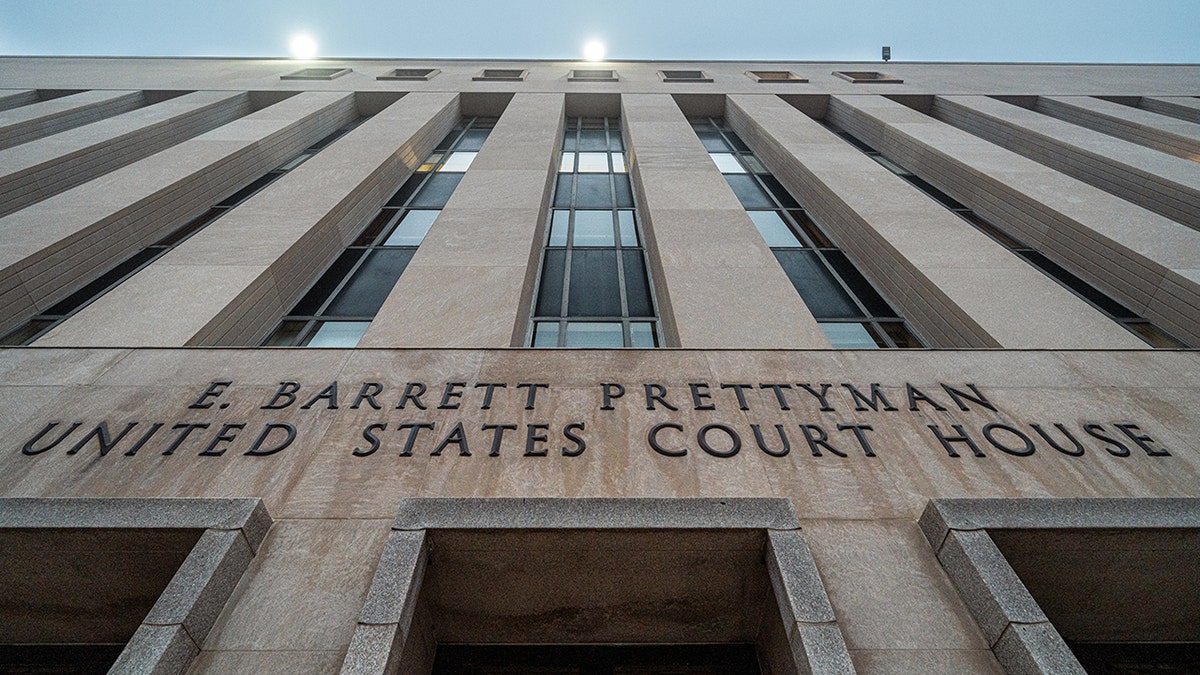
The E. Barrett Prettyman United States Court House is seen early in the morning on Dec. 10, 2024, in Washington, D.C. (David Ake/Getty Images)
Kollar-Kotelly stressed last month that voter registration laws and the ability to regulate elections are set by Congress and by individual states, not the executive branch.
Both states and Congress can pass laws so long as they do not “needlessly impose” an undue burden on voters under the 14th Amendment of the U.S. Constitution.
But the executive branch, which does not share in these abilities to make and pass election-related laws, is not entitled to the same standard of legal review, according to the judge.
“Our Constitution entrusts Congress and the States – not the President – with the authority to regulate federal elections,” Kollar-Kotelly said in her ruling.
JUDGES V TRUMP: HERE ARE THE KEY COURT BATTLES HALTING THE WHITE HOUSE AGENDA
Next steps
The Trump administration is, of course, free to appeal the decision to higher courts, should it choose to do so.
“President Trump will keep fighting for election integrity, despite Democrat objections that reveal their disdain for commonsense safeguards like verifying citizenship,” White House spokesperson Harrison Fields said in response to the ruling last month.
CLICK HERE TO GET THE FOX NEWS APP
But its next steps remain unclear. To date, the administration has not appealed the matter, and officials have not said definitively whether they plan to do so.











